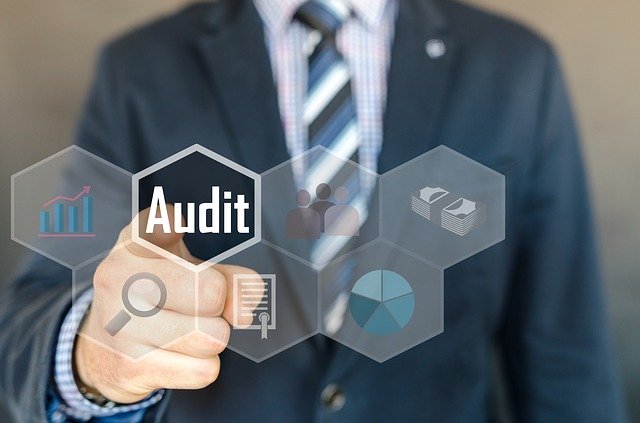The current tax year ends on 5th April. You will have until January to submit it, but that is no reason to leave it that long. Every year, too many small businesses go right to the deadline. This causes them unnecessary stress and increases the likelihood of fines. Get ready early and you won’t have a stressful January.

Understanding Allowable Expenses
The government has implemented several changes, not least of all to allowable expenses. Even some long-term BTL property owners are confused about what may or may not be claimed. The current list is:
- Maintenance and repair
- Accountant fees
- Insurance
- Replacing domestic items in furnished homes
- Marketing costs
- Cleaning
If you use a letting agent, you may also claim those fees. Running costs such as utilities are only claimable if you pay those bills. Aside from a few outliers, this is the most common allowable.
Start Your Spreadsheet NOW
It’s advisable for any small business to keep a running record throughout the tax year. Write down every expense and income payment. At the end of the financial year, it makes organising your information for your tax return all the easier. A simple spreadsheet with dates, amount, and what the cost was for avoids confusion later. You can go straight back to the bill to check what the income or expense was and tally it up.
Break Down Your Income Types
While you may simplify your tax return by declaring all monies received as a single sum, for some small businesses it’s recommended to break it down into constituent types. For something as complex as rental property management, it may be a better idea to list individual income and cost types. This is especially important if you have separate income sources such as employment.
Check, double check, and triple check that the figures are correct. Go over the accounts, credit cards and other payment outlets until you are certain the record is watertight.

Keep All Receipts and Invoices Together
It’s a good idea to have a separate folder and file for each tax year and keep them neatly organised. If like most small businesses you have a mix of physical and digital receipts, you have several options. First, print off all the digital receipts. Second, keep them separately organised. If you happen to be selected for an audit, at least all your data will be together, speeding up the process.
Be Consistent with Income Declaration
Some small businesses claim income and expenses based on anticipated income, for example a payment sent on the 5th (last day of the tax year) but not arriving in the account until the following day or later. If this is your first year, you may declare this any which way you prefer but you must ensure you are consistent going into the new tax year.